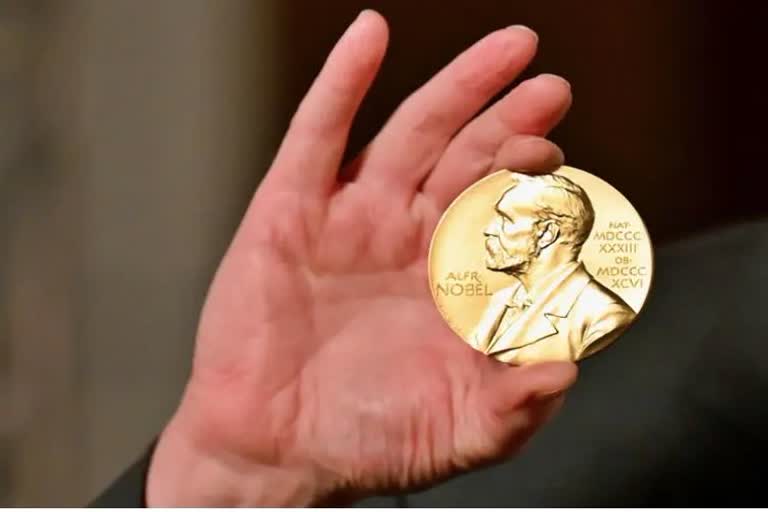Copenhagen (Denmark): The beginning of October means Nobel Prize season. Six days, six prizes, new faces from around the globe added to the world's most elite roster of scientists, writers, economists and human rights leaders. This year's Nobel season kicks off Monday with the medicine award, followed by daily announcements: physics on Tuesday, chemistry on Wednesday and literature on Thursday.
The 2022 Nobel Peace Prize will be announced on Friday and the economics award on Oct 10. Here are five other things to know about the coveted prizes:
WHO CREATED THE NOBEL PRIZES?
The prizes in medicine, physics, chemistry, literature and peace were established by the will of Alfred Nobel, a wealthy Swedish industrialist and the inventor of dynamite. The first awards were handed out in 1901, five years after Nobel's death. Each prize is worth 10 million kronor (nearly $900,000) and will be handed out with a diploma and gold medal on Dec. 10 -- the date of Nobel's death in 1896.
The economics award - officially known as the Bank of Sweden Prize in Economic Sciences in Memory of Alfred Nobel - wasn't created by Nobel, but by Sweden's central bank in 1968. Between 1901 and 2021, the Nobel Prizes and the prize in economic sciences have been awarded 609 times.
WHO KNOWS WHO WILL WIN AND WHY?
The Nobel statutes prohibit the judges from discussing their deliberations for 50 years. So it's probably going to be a while before we know for sure how judges made their picks for 2022 and who was on their short lists. The judges try hard to avoid dropping hints about the winners before the announcements, but sometimes word gets out. Bookies in Europe sometimes offer odds on possible peace prize and literature Nobel winners.
